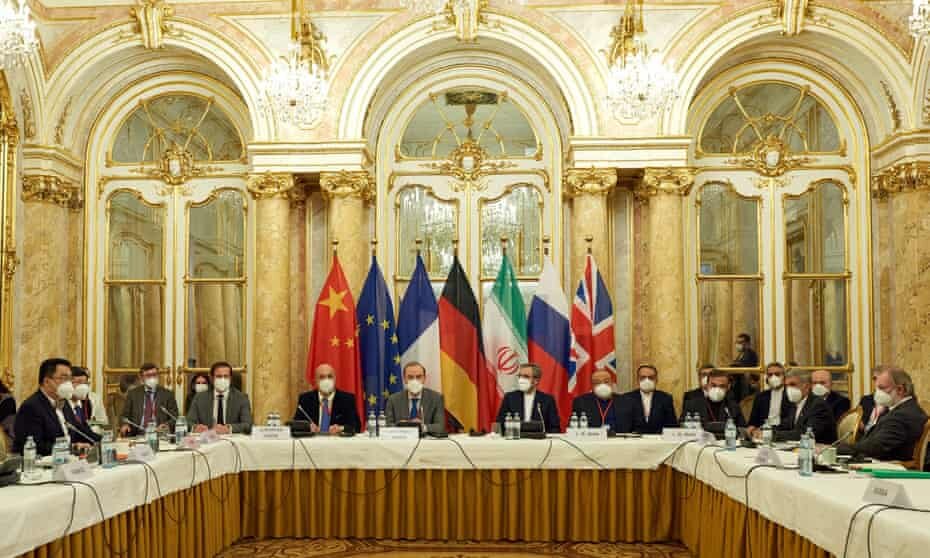Credible guarantees vital for success of Vienna talks

TEHRAN – As negotiators from Iran and the P4+1 group of countries resume talks in Vienna, a set of thorny issues appears to require more time and energy.
While recent rounds of talks focused on crafting a document setting out the principles for result-oriented negotiations, the current round is expected to get down to brass tack.
There are two main issues on the table in Vienna: First, how U.S. sanctions on Iran should be lifted. In other words, how Iran can verify the lifting of U.S. sanctions. On this issue, it seems there is a sort of consensus that the U.S., as the first party to renege on its commitments under the 2015 Iran nuclear deal, should take the first meaningful step.
Second, the nuclear measures Iran needs to take if the nuclear deal is to be revived. Iran has constructively engaged on this issue over the course of talks.
In addition, there are major points of contention within these issues. One issue is the advanced centrifuges Iran installed after the U.S. withdrew from the nuclear deal, officially known as the Joint Comprehensive Plan of Action (JCPOA), in May 2018. The Europeans have demanded the centrifuges be destroyed, something Iran rejected. A Politico report on Monday suggested that the Europeans have come up with a new idea: destroying the infrastructure, such as cables and other electronic installations, that are needed to get advanced centrifuges up and running.
The other issue is the guarantees Iran is demanding to make sure that the U.S. won’t back down on its word again. That has been the thorniest issue during the talks due to American intransigence and reluctance to provide assurances whose raison d'être originates directly from the U.S. track record in dishonoring its JCPOA commitments.
As regards the guarantees issue, Politico suggested that U.S. President Joe Biden could provide a political pledge that he will stick to the agreement similar to Biden’s pledge made on the margins of the G20 Summit in October. Such a pledge, politico continue, would also be important for companies that want to do business with Iran as they need to have sufficient confidence about Washington’s intentions.
But the original JCPOA was much more than a political pledge. And the whole world saw how the U.S. treated it.
Politico also pointed to another option in respect to verification that amounts to entrusting mice to a cat. It said one option in this regard is for the U.S. Office of Foreign Asset Control to issue guidance on how to do business with Iran and to publish the repealing of relevant executive orders.
OFAC was, a continues to be, a major tool in the hands of the U.S. in its economic warfare against Iran and thus it is neither reliable nor suitable an institution to be tasked with assuring Iran over the viability of a Biden decision to lift the sanctions.
A middle-ground option for verification and guarantees is a credible legally-binding mechanism under the auspices of international institutions such as the UN Security Council. One option is for the UN Security Council to adopt a resolution clearly banning the U.S. from punishing other countries from doing business with Iran in case Washington reneged on its commitments again.
The Vienna talks are highly technical and have their own legal jargon. And concerned experts can come up with innovative solutions. Progress in the talks, therefore, hinges on flexibility on the part of the U.S. But so far, the U.S. and its European allies have been stonewalling instead of engaging constructively. Their latest unconstructive move is setting an unofficial deadline of early February. Iran strongly rejected any kind of deadlines, underlining that the talks should be directed by results, not deadlines. Of course, Iran is open to a deal as soon as possible. But it is unlikely to acquiesce to artificial deadlines.
